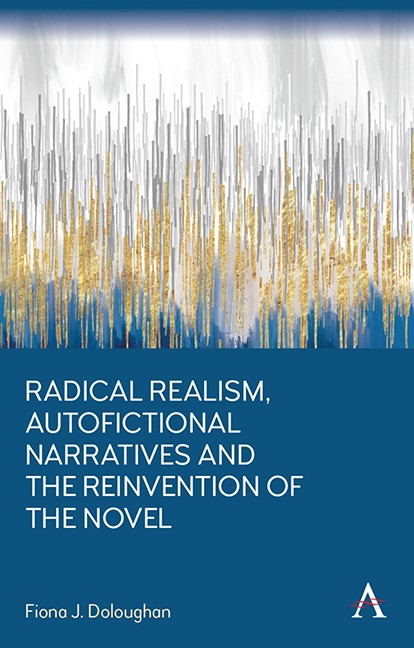Book contents
- Frontmatter
- Contents
- Dedication
- Preface
- Acknowledgements
- 1 Introduction
- 2 Theoretical and Critical Concerns: Key Terms and Arguments
- 3 The Anatomy of a Writer: Karl Ove Knausgaard’s My Struggle
- 4 Companion Pieces: Jeanette Winterson’s Why Be Happy When You Could Be Normal? in Relation to Oranges Are Not the Only Fruit
- 5 A Cross-Cultural Memoir: Xiaolu Guo’s Once Upon a Time in the East
- 6 Rachel Cusk’s Search for New Forms: Self-Projection and Refraction in Fiction and Non-Fiction
- 7 Conclusion
- References
- Index
7 - Conclusion
Published online by Cambridge University Press: 15 November 2023
- Frontmatter
- Contents
- Dedication
- Preface
- Acknowledgements
- 1 Introduction
- 2 Theoretical and Critical Concerns: Key Terms and Arguments
- 3 The Anatomy of a Writer: Karl Ove Knausgaard’s My Struggle
- 4 Companion Pieces: Jeanette Winterson’s Why Be Happy When You Could Be Normal? in Relation to Oranges Are Not the Only Fruit
- 5 A Cross-Cultural Memoir: Xiaolu Guo’s Once Upon a Time in the East
- 6 Rachel Cusk’s Search for New Forms: Self-Projection and Refraction in Fiction and Non-Fiction
- 7 Conclusion
- References
- Index
Summary
This book has been concerned with a number of inter-related phenomena: a seeming rejection, on the part of some writers, of fiction, fabrication, and conventional forms of the novel in favour of a turn towards the auto/ biographical and/or work with a closer connection to the lived experience and existential realities of its authors. From the radical realism of Karl Ove Knausgaard’s My Struggle series with its thick description and detailed representation of everyday life alongside the thoughts, feelings and reflections of narrator-protagonist Karl Ove, as he navigates the world around him, and seeks to realize his vocation as a writer, to the reinvention of the novel form actualized by Rachel Cusk in her ‘Outline’ trilogy following the malfunctioning, as she saw it, of her life-writing, there has been a rethinking of the affordances and rationale of the novel and its relationship to fact and fiction.
The seeming conflation of novel and fiction has been interrogated anew as writers such as Knausgaard and Cusk use and stretch the form to enable their investigations into the kind of links that may pertain between literature and life, and art and reality, addressing issues such as self-definition and the function of writing in the face of loss and trauma. After his father’s death, Knausgaard recalibrates his relationship to the world and to those around him. He is both liberated by the process and at the same time forced to re-assess his conception of self, in the wake of the removal of the person who stood for many years in opposition to him, and whose presence helped define him both as a young boy and as an adult. Volume 1, A Death in the Family, has been described as a narrative of filiation (Meekings 2019, 420), in which ‘[t]he microscopic gaze […] is a symptom of the self-concept trying to understand (and so renegotiate) its altered relationality to the world around it’ (420).
- Type
- Chapter
- Information
- Publisher: Anthem PressPrint publication year: 2023

